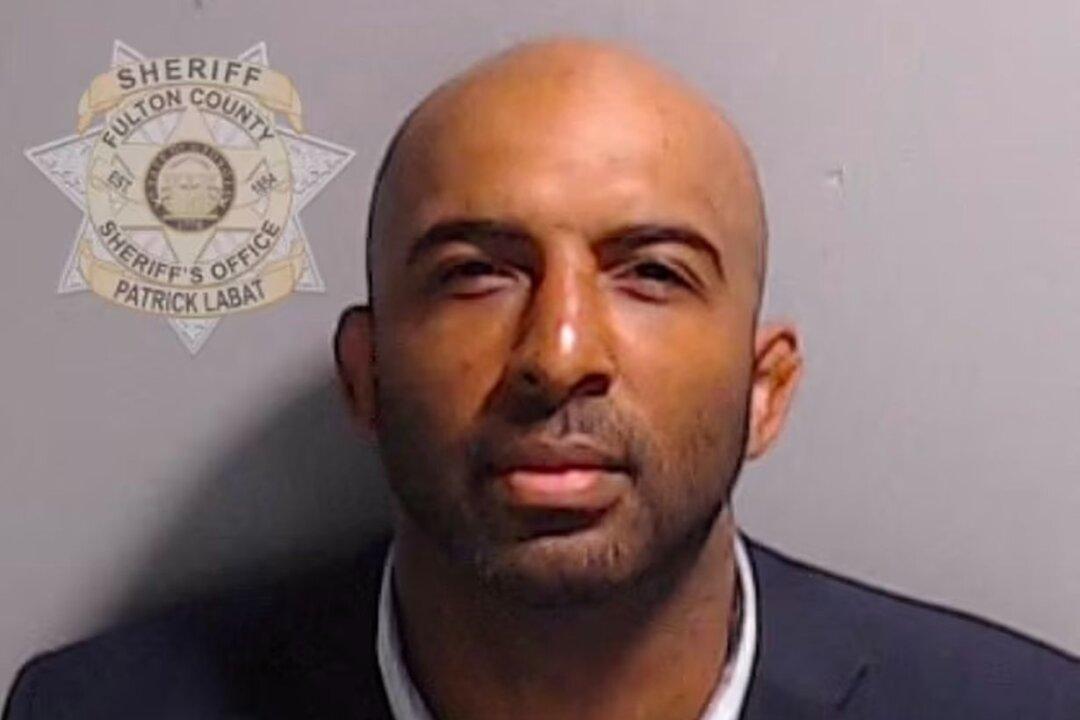The legal team of former Black Voices for Trump leader Harrison Floyd intends to defend him against allegations that he unlawfully participated in an election subversion plot in Fulton County, Georgia, by showing that former President Donald Trump won the state’s 2020 presidential election.
Mr. Floyd was charged on Aug. 14 alongside the 45th president and 17 other co-defendants with violating Georgia’s Racketeer Influenced and Corrupt Organizations (RICO) Act, conspiracy to commit solicitation of false statements and writings, and influencing witnesses.





